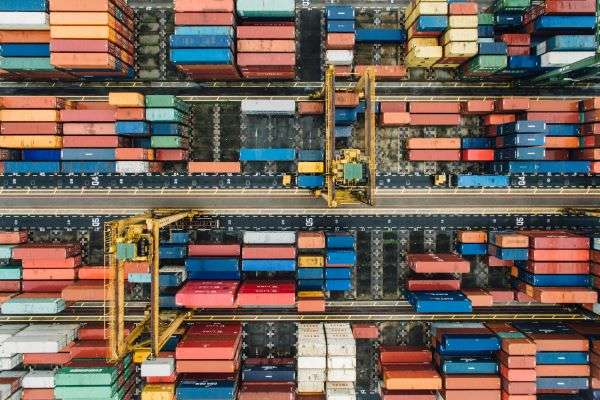The Philippines is setting its sights on becoming a major manufacturing and logistics hub in Asia, a vision underscored by its deepening ties with the United States. This vision was articulated by the President of the Philippines, Ferdinand Marcos Jr., at the 6th Indo-Pacific Business Forum in Manila. The country’s intensified defense and economic engagements with Washington were highlighted as key drivers of this ambition.
In April 2024, the US pledged substantial support to expedite investments in the Philippines, with a particular focus on transport infrastructure, clean energy, and semiconductor supply chains through the Luzon Economic Corridor. The country’s comprehensive infrastructure program, featuring 185 priority projects worth approximately 9.5 trillion pesos, is a testament to this commitment.
Infrastructure Development and Regional Competition
This extensive infrastructure development plan is designed to enhance the Philippines’ competitive standing against regional rivals like Vietnam and Indonesia. These countries are also competing for significant investment flows being redirected from China as part of the US and allies’ de-risking efforts.
UPS’s Expansion in the Philippines
In line with the Philippine government’s initiatives, UPS announced a significant investment in a new hub at Clark International Airport. This new hub is part of UPS’s broader $250 million investment in Asia Pacific since 2023, aimed at improving transit times for imports, exports, and trans-shipments. The new facility at Clark, expected to be operational by late 2026, aims to bolster UPS’s integrated express, supply chain, and healthcare logistics services.
Strengthening US-Philippines Partnership
The US and the Philippines continue to fortify their bilateral relations through various strategic initiatives. The US Trade and Development Agency has announced new activities that will leverage over $500m from public and private sectors to develop high-quality infrastructure in the Philippines. These initiatives encompass renewable energy, smart grids, customs and supply chain modernization, healthcare solutions, and aviation infrastructure.
In the Philippines, demonstrating its commitment to participating in global value chains and attracting foreign direct investments to sustain economic growth. As President Marcos stated, “An economically strong Philippines will be a valuable ally.”




